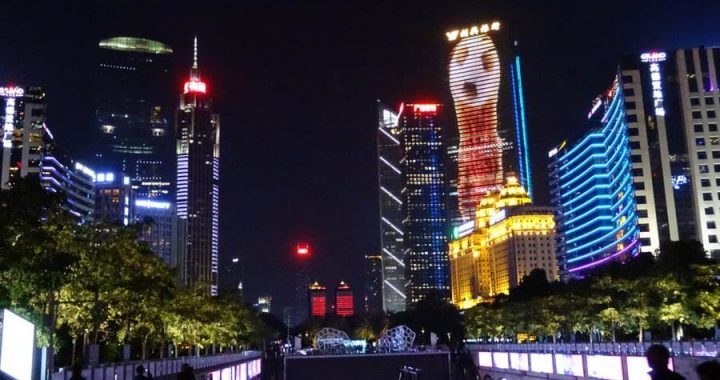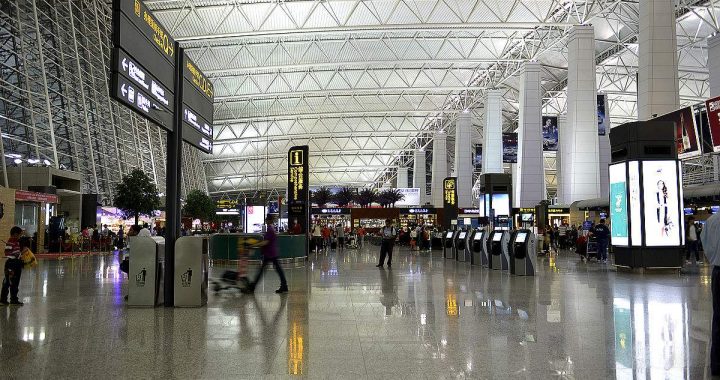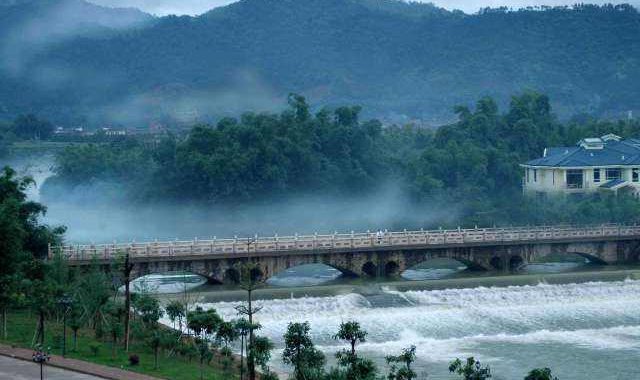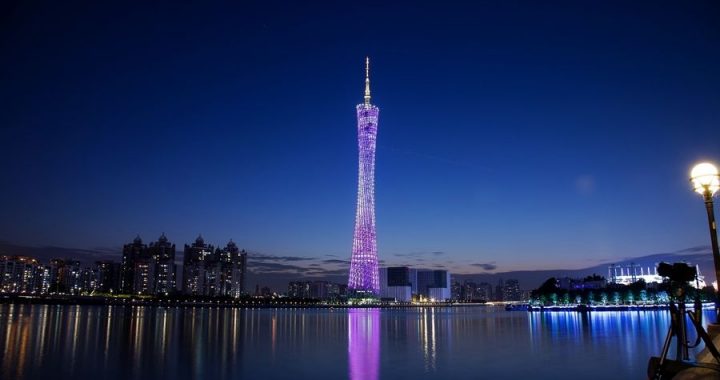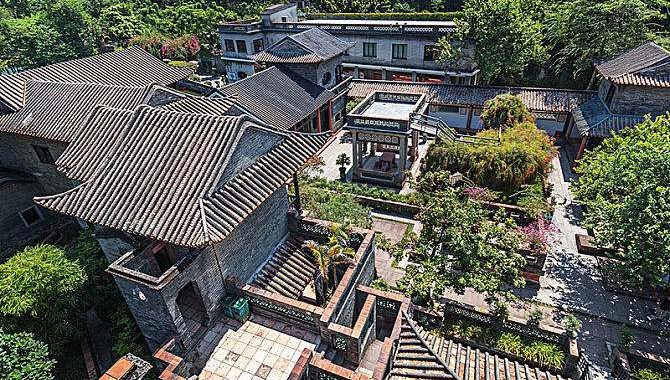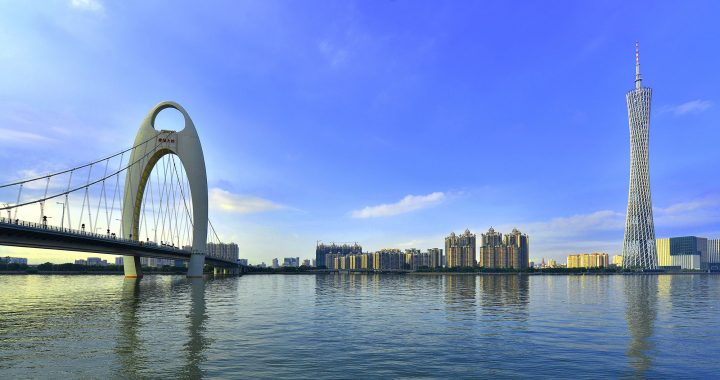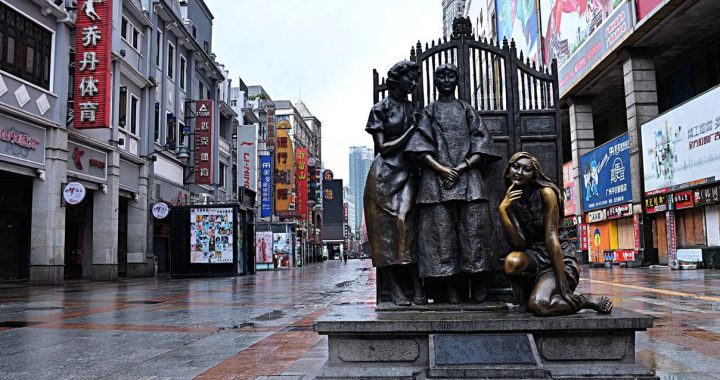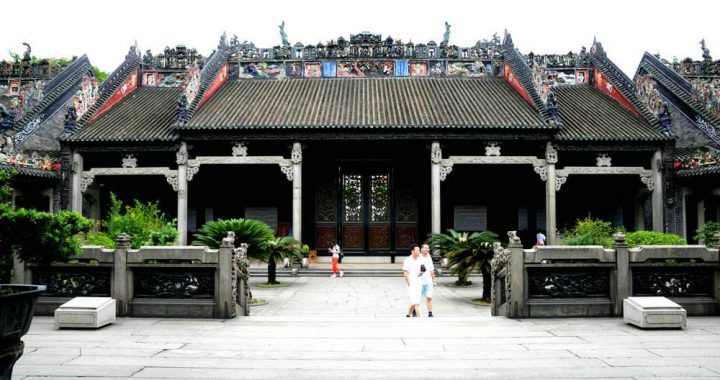History of Guangzhou
2 min readIntroduction
Guangzhou is a city with history of more than 2000 years. Its recorded history begins with China’ s conquest of the area during the Qin Dynasty. It was once named as Panyu, derived from two nearby mountains known as Pan and Yu in ancient times.

Guangzhou was the main port of the Maritime Silk Road in history. The city has always been the political, economic and culture center of South China for more than 2,000 years. In its early years, it was a distribution center of rare tropical products. In the Han Dynasty, Panyu had developed commerce and advanced textile and porcelain industries and foreign exchange with overseas, using this place as a vital port. During the Tang Dynasty, it had become a world famous trading harbor with countries in the South Pacific Ocean and the Indian Ocean. To strengthen the foreign trade, China’ s earliest customs was set up there. It grew rapidly and became the largest commercial city and treaty port in China.
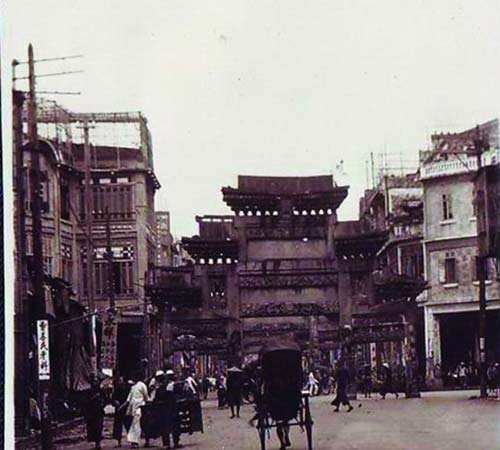
After China gained control of Taiwan in 1683, the Qing government became more open to foreign trade. Guangzhou quickly emerged as one of the most suitable ports for international trade and before long ships arrived from all over the world.
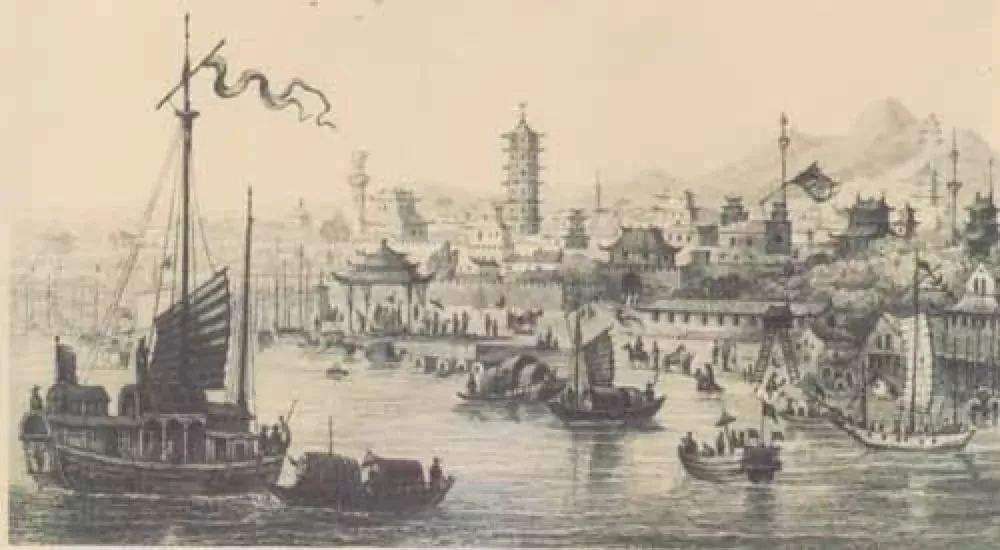
By the middle of the 18th century, Guangzhou had emerged as one of the world’ s greatest trading ports under the Thirteen Factories, which was a distinction it maintained until the outbreak of the First Opium War in 1840 and the opening of other ports in China in 1842. The privilege during this period made Guangzhou one of the top three cities in the world.
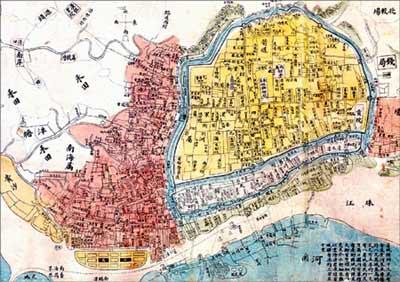
Guangzhou was honored as a city of heroes. Apart from its brave fought with foreign powers in late Qing dynasty, it also witnessed many revolutionary events.
Huanghuagang Uprising led by Huangxing and Sun Yat- sen, the establishment of Whampoa Military academy, and proletarian uprisings led by the Communist Party of China were all evidences of the glory past of Guangzhou.
The reform and opening- up policy, carried out by Deng Xiaoping, led to rapid economic growth due to the city’ s close proximity to Hong Kong and access to the Pearl River. As the largest city in one of China’ s wealthiest provinces, Guangzhou has developed into one of the most prosperous and important cities in modern China. Cantonese links to overseas Chinese and beneficial tax reforms of the 1990s have aided the city’ s rapid growth.
